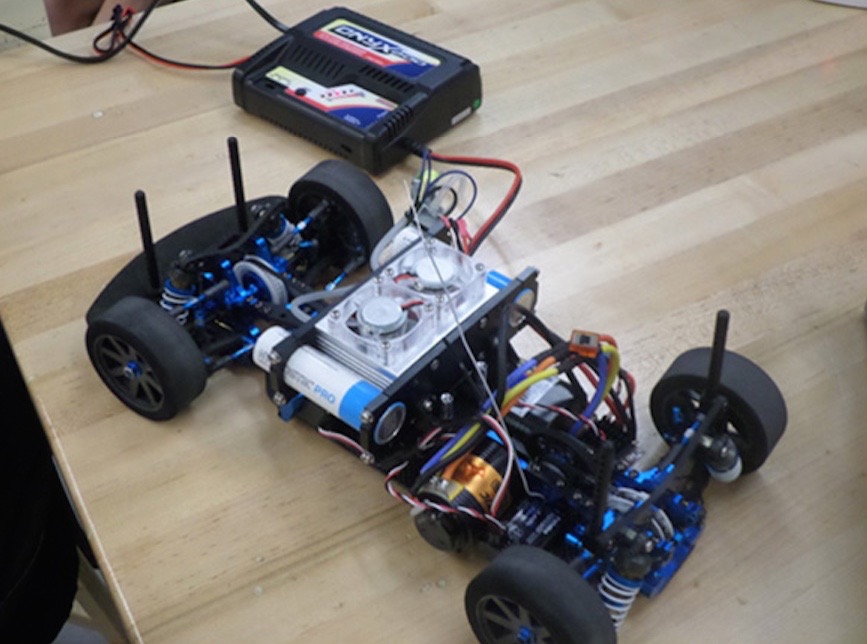For its latest campaign to promote hydrogen fuel-cell cars, Toyota is turning to a group that is only just learning how to drive.
The Japanese carmaker is working with California high schools to teach students about the technology and encourage them to enter STEM (Science, Technology, Engineering, and Mathematics) career fields.
As part of the Hydrogen Horizon Automotive Challenge, students will build and race their own remote-control fuel-cell cars.
CHECK OUT: Shell Eco Marathon: Why Odd Cars Built By Students Matter (Apr 2015)
The program kicked off August 9 with a teacher-training event at Toyota's U.S. headquarters in Torrance, California, while the race for the student-built cars is set for March 2017.
Toyota partnered with Horizon Educational Group, a company that provides teaching materials that cover various renewable-energy technologies, including fuel cells, and solar and wind power.
A division of Horizon Fuel Cell Technologies, it started out selling miniature fuel cells for use as teaching tools back in 2003.

Toyota Hydrogen Horizon Automotive Challenge
Student teams from each school will work on their cars as an after-school project.
ALSO SEE: Student Solar-Car Developers: What Motivates Them?
The goal is to have them explore the "challenges and solutions Mirai engineers experienced" during the development of that fuel-cell sedan, according to Toyota.
The first U.S.-market Mirai sedan was delivered in November 2015, but the car is still only available through eight Toyota dealers in specific regions of California.

Toyota Hydrogen Horizon Automotive Challenge
Competitions such as this have become a popular way for high-school and college students with an interest in engineering to explore the field.
MORE: University of Michigan team wins 2016 solar car race
The Shell Eco Marathon challenges students to build the most efficient cars possible, while events like the World Solar Challenge push them to develop solar-powered cars that are then driven in marathon events on public roads.
They provide students with learning opportunities quite different from simply sitting in a classroom and taking notes.
_______________________________________________












